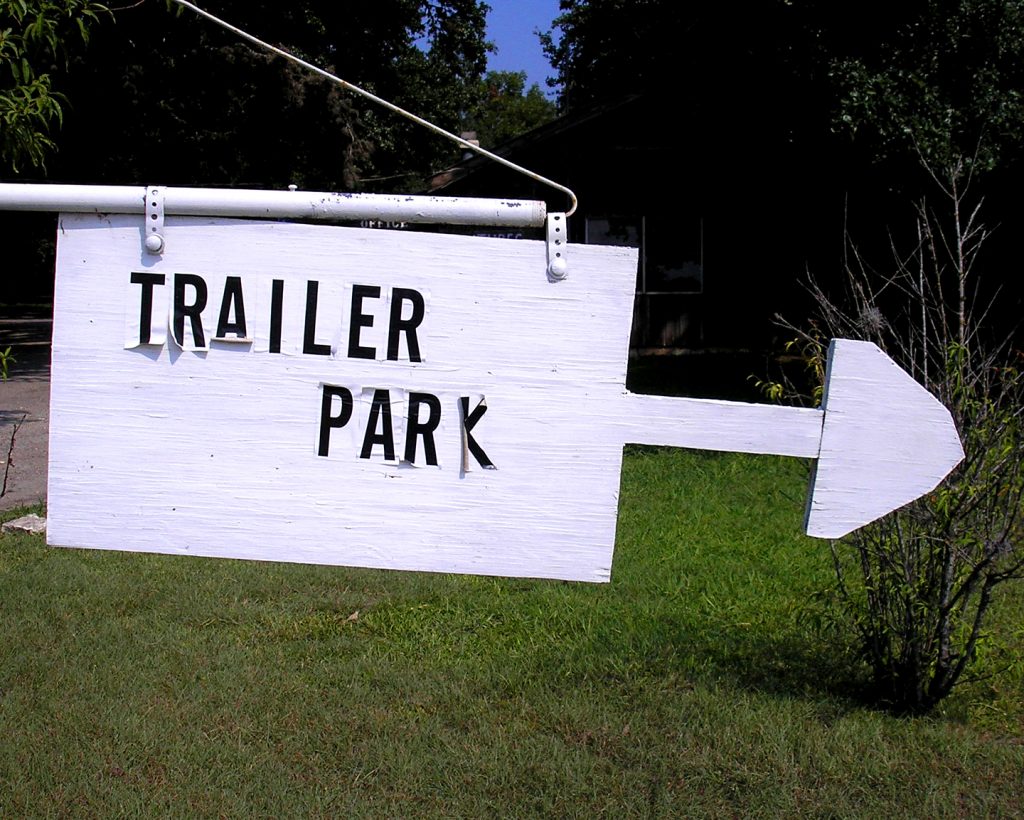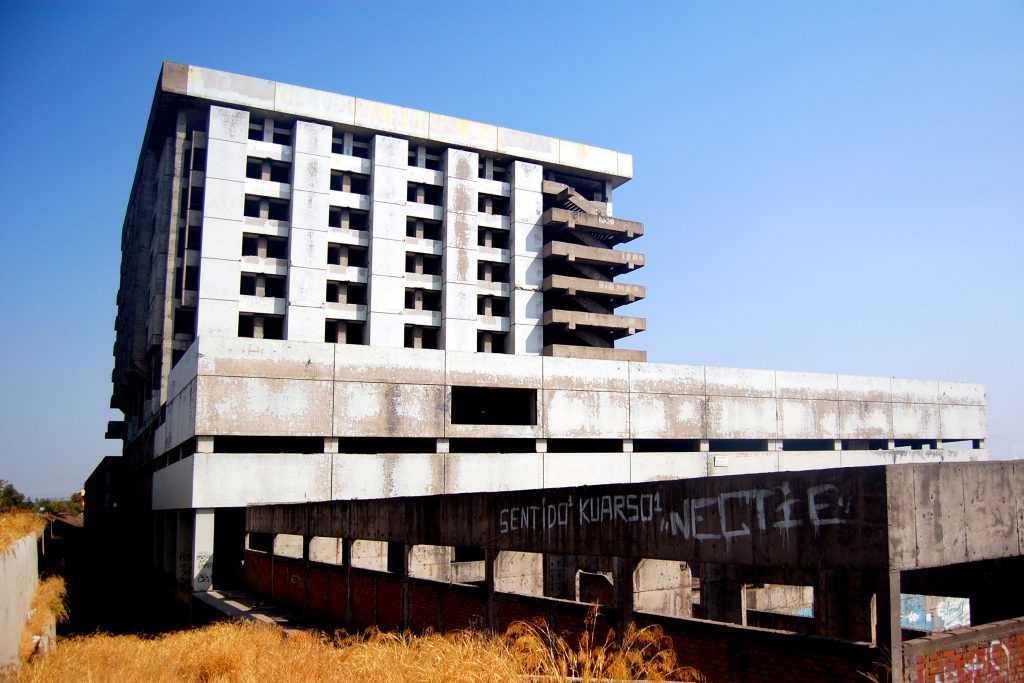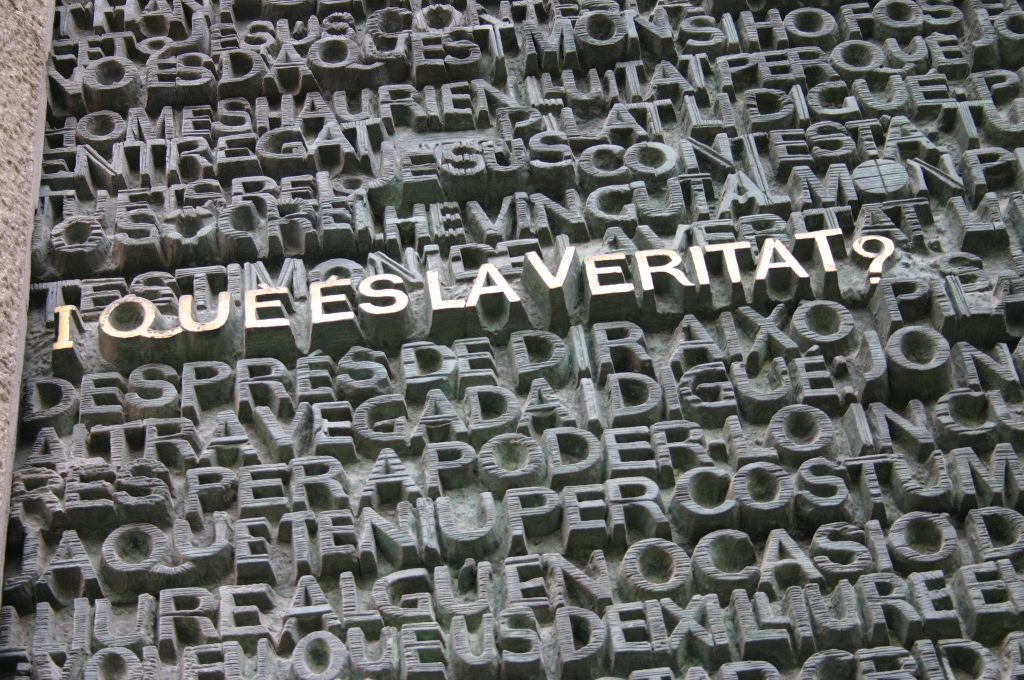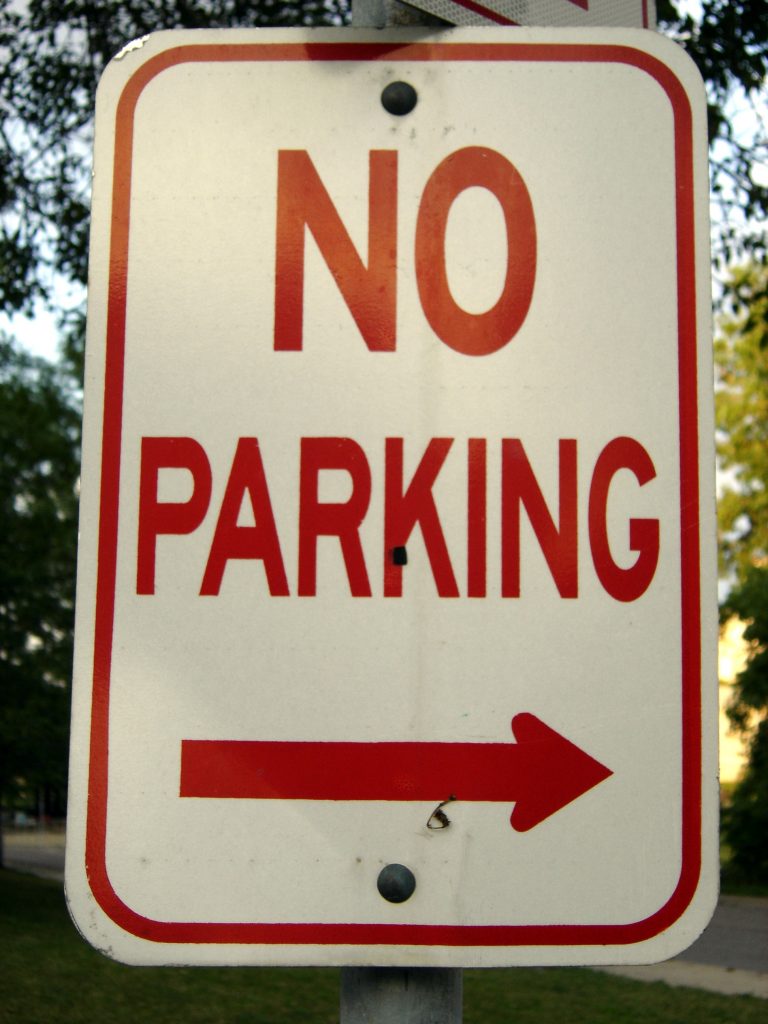 When representing a client, an attorney and law firm must do their due diligence and advocate for their client in the best way possible. An excellent attorney will put in countless hours for their client and will not stop working until the job is completed. Not all attorneys do this however, and when an attorney underperforms, the client has every right to seek a different lawyer for their services.
When representing a client, an attorney and law firm must do their due diligence and advocate for their client in the best way possible. An excellent attorney will put in countless hours for their client and will not stop working until the job is completed. Not all attorneys do this however, and when an attorney underperforms, the client has every right to seek a different lawyer for their services.
In April 1996, Stephen Phares (“Mr. Phares”) went to the emergency room of Christus Schumpert Medical Center in Shreveport, Louisiana. Mr. Phares complained that he had back pain, and the next day had back surgery. Shortly thereafter, Mr. Phares consulted with Carl Reynolds (“Mr. Reynolds”) of the Reynolds law firm in Georgia, because he believed he had a medical malpractice claim. Seven months later on November 14, 1996, Mr. Phares and his wife signed a medical negligence employment contract and hired the Reynolds firm to represent them in their case. Because the Reynolds firm was based in Georgia, the firm needed to bring on a second firm that practiced in Louisiana. In January 1997, the Reynolds firm hired the McKeithen law firm to act as local counsel on the malpractice claim. The two firms had an oral agreement that ultimately led to a fifty-fifty arrangement regarding attorney fees.
The Phareses filed a lawsuit and a jury trial was scheduled for September 18, 2006. Before the trial, the two firms agreed to submit the malpractice claim to mediation, and as a result, a settlement was entered in which one health care provider would pay $100,000 to the Phareses and a second provider would pay $60,000. The attorney fee ended up being $72,000, however, the Reynolds firm received 60 percent and the McKeithen firm received 40 percent. Shortly after the mediation, the Phareses filed a claim against the Louisiana Patient’s Compensation Fund (PCF). The Phareses then terminated the Reynolds firm from the case and hired Martin Bohman of the McKeithen firm. A contingency fee contract between the Phareses and Mr. Bohman established that the attorney fee would be 40 percent. In August 2006, the Phareses settled their claim against the PCF for $600,000 and the McKeithen firm received $240,000 as a contingency fee.
 Louisiana Personal Injury Lawyer Blog
Louisiana Personal Injury Lawyer Blog


 When going to the nail salon, the last thing anyone thinks about is falling and getting seriously injured. Slip and fall accidents happen all the time, and it is important to gather as much evidence as possible and retain a good personal injury attorney in order to build the best possible case for yourself. The courts do not look favorably on those who make a claim and have very little evidence to back it up, as Pamela Burnett (“Ms. Burnett”) discovered when trying to win damages from the Lucky Nails salon.
When going to the nail salon, the last thing anyone thinks about is falling and getting seriously injured. Slip and fall accidents happen all the time, and it is important to gather as much evidence as possible and retain a good personal injury attorney in order to build the best possible case for yourself. The courts do not look favorably on those who make a claim and have very little evidence to back it up, as Pamela Burnett (“Ms. Burnett”) discovered when trying to win damages from the Lucky Nails salon. Securing a loan with collateral might seem like a simple and everyday task, but even the smallest of mistakes in the process can carry severe consequences. Brent Kovach (Mr. Kovach), a shareholder in a few New Orleans French Quarter hotels, experienced the repercussions of a simple oversight when one paragraph in his collateral assignment nearly offset his entire life insurance policy. The following case delves into just how critical hiring an excellent attorney might be when interpreting seemingly straightforward contracts and when those contract disputes turn to a lawsuit.
Securing a loan with collateral might seem like a simple and everyday task, but even the smallest of mistakes in the process can carry severe consequences. Brent Kovach (Mr. Kovach), a shareholder in a few New Orleans French Quarter hotels, experienced the repercussions of a simple oversight when one paragraph in his collateral assignment nearly offset his entire life insurance policy. The following case delves into just how critical hiring an excellent attorney might be when interpreting seemingly straightforward contracts and when those contract disputes turn to a lawsuit. In Louisiana, a failure to pay your property taxes can result in your property being subject to a tax sale. This can cause a tremendous headache. Though the Louisiana Constitution and Revised Statutes provide that the government’s right to proceed to a tax sale expires three years after the last day of the year in which the taxes were due, one New Orleans property owner was sent a tax bill including unpaid taxes which seemingly should have been expired.
In Louisiana, a failure to pay your property taxes can result in your property being subject to a tax sale. This can cause a tremendous headache. Though the Louisiana Constitution and Revised Statutes provide that the government’s right to proceed to a tax sale expires three years after the last day of the year in which the taxes were due, one New Orleans property owner was sent a tax bill including unpaid taxes which seemingly should have been expired. In any personal injury lawsuit, it is absolutely critical that the plaintiff documents his or her injuries and gather evidence in support of legal claims. In addition to establishing that the defendant breached a duty of care, personal injury plaintiffs must also prove – through medical testimony and documentation – that it was more probable than not that the accident at issue caused their injuries.
In any personal injury lawsuit, it is absolutely critical that the plaintiff documents his or her injuries and gather evidence in support of legal claims. In addition to establishing that the defendant breached a duty of care, personal injury plaintiffs must also prove – through medical testimony and documentation – that it was more probable than not that the accident at issue caused their injuries. In litigating claims, parties (particularly the attorneys) must exercise diligence. This means being timely when it comes to gathering evidence, complying with a court order, or filing a pleading, motion, appeal etc. In its
In litigating claims, parties (particularly the attorneys) must exercise diligence. This means being timely when it comes to gathering evidence, complying with a court order, or filing a pleading, motion, appeal etc. In its  Families depend on nursing home staff to adequately care for loved ones. When loved ones suffer due to the negligence of nursing home staff, a medical malpractice suit can arise.
Families depend on nursing home staff to adequately care for loved ones. When loved ones suffer due to the negligence of nursing home staff, a medical malpractice suit can arise.  What happens when an accident happens at the workplace? Well, you would immediately head to the doctor. You would rely on your medical records to show the truth when you talk to your insurance company. However, what happens when the medical administration doesn’t agree that your medical records are demonstrative of the truth? Strengthening your case against corporations that attempt to veil the importance of your medical records requires the very best attorneys possible.
What happens when an accident happens at the workplace? Well, you would immediately head to the doctor. You would rely on your medical records to show the truth when you talk to your insurance company. However, what happens when the medical administration doesn’t agree that your medical records are demonstrative of the truth? Strengthening your case against corporations that attempt to veil the importance of your medical records requires the very best attorneys possible. When a merchant sets up shop, he/she may become liable for any accident that occurs on the business’s premises. However, the merchant is not automatically at fault. Sometimes a person is injured and the merchant is not to blame, either because the plaintiff was careless or failed to satisfy his burden of proof. The law in Louisiana that governs a merchant’s liability for negligence also governs the plaintiff’s burden of proof when bringing a claim against a merchant. This law also provides a list of elements, which the plaintiff must prove in order to succeed in their claim. See
When a merchant sets up shop, he/she may become liable for any accident that occurs on the business’s premises. However, the merchant is not automatically at fault. Sometimes a person is injured and the merchant is not to blame, either because the plaintiff was careless or failed to satisfy his burden of proof. The law in Louisiana that governs a merchant’s liability for negligence also governs the plaintiff’s burden of proof when bringing a claim against a merchant. This law also provides a list of elements, which the plaintiff must prove in order to succeed in their claim. See  Have you ever wondered what happens when someone wrongfully takes or destroys your personal property? Conversion occurs when one sells or disposes of property belonging to another without permission. The case discussed in this post describes the conversion of a vehicle that was towed and sold to a third party after the title was wrongfully obtained in violation of the Louisiana Towing and Storage Act (“LTSA”).
Have you ever wondered what happens when someone wrongfully takes or destroys your personal property? Conversion occurs when one sells or disposes of property belonging to another without permission. The case discussed in this post describes the conversion of a vehicle that was towed and sold to a third party after the title was wrongfully obtained in violation of the Louisiana Towing and Storage Act (“LTSA”).